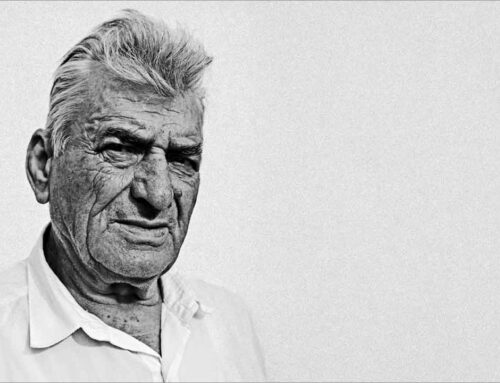Guest Post by Constance Ray
Addiction is incredibly destructive on its own. When it co-occurs with one or more mental health conditions, however, it can be even more disastrous. Those who have gone through the struggle will tell you it’s an overwhelming way to live, and asking for help isn’t always easy.
We had the opportunity to speak to recovering addicts with truly amazing stories. They faced complicated journeys through undiagnosed and untreated mental health conditions to find sobriety — but find it they did. Here are a few of the insights they shared about the road to recovery.
Early diagnosis, addiction, and Kelli’s uphill struggle
Kelli’s mental health battle began at a young age and persisted throughout her childhood.
“I have borderline personality disorder. I’ve felt pain ever since I can remember,” she said.
She struggled with suicidal thoughts, eventually making an attempt on her own life at the age of only 13. Addiction entered the picture when she began drinking in high school. But it was her introduction to opioids that really launched her into the world of substance abuse.
“I had heard a lot about Lortab and wondered what all the hype was about,” she explained. “I wanted to see why people were taking them. So I stole one Lortab. Just one.”
And that was all it took. The powerful drug didn’t just get her high — its euphoric effects feigned the feelings of happiness that eluded her for years.
“It was the first time I felt like I could smile. It was the first time I didn’t hurt. It was the first time I felt like there wasn’t a gaping hole inside of me anymore. It was the first time I really felt normal,” Kelli said.
It was nearly a decade before Kelli found the right course of treatment: dialectical behavior therapy. Now more than a year sober, she said the success came from treating both her addiction and her mental health condition all at once:
“The DBT skills completely changed my personality — who I was, how I thought, how I felt, how I behaved, everything about me.
“DBT helped my addiction, but it also helped my personality disorder.”
A crash into addiction
In some ways, John was lucky to survive the car accident that prompted his lower leg amputation. But the subsequent surgeries — 14 in a single year — spawned a painkiller addiction, and from there, things only snowballed.
“More substances were added in on top of that,” John admitted. “I was diagnosed with ADHD and prescribed Adderall. This spurred 10 years of undiagnosed PTSD.”
His life and addiction flowed through peaks and valleys over the years that followed. John faced yet another traumatic blow when he discovered his brother dead of an overdose, and ultimately he decided it was time to leave his California home for a fresh start.
He packed up his wife and kids and made the move to Tennessee.
“I thought the geographical change might help, but it only made it worse,” he said.
John said he made repeated attempts at addiction treatment but couldn’t find the right program. Call it fate, divine intervention, or pure chance, but in the end, the right program found John.
While he was in the hospital following a relapse, John’s wife met an addiction counselor who told her about a program in Texas.
“My wife called Addiction Campuses that night — and by the next day, I was on a plane to the Treehouse,” he recalled.
Today, John is sober, happy, and coping with his mental health issues in healthy ways. It was a long road to recovery, but one that made him stronger, he said:
“As an addict with PTSD, anxiety and depression, it’s easy to shy away from challenges, and it has to be managed. My new sponsor really challenges me to identify and connect with my emotions and feelings, not just my circumstances.”
Perhaps the most inspiring part of these success stories is the way they demonstrate the strength of the human spirit. John and Kelli had the odds stacked against them, but they fought to take their lives back. And they conquered.
About the Author Constance Ray
Constance Ray started Recoverywell.org with the goal of creating a safe place for people to share how addiction has affected them, whether they are combating it themselves or watching someone they care about work to overcome it. The goal is to share stories of hope from survivors who know that the fight against addiction is one worth having because no matter how it affects you, life can get better.
Also, you can check out Rehab in Texas Panhandle.





